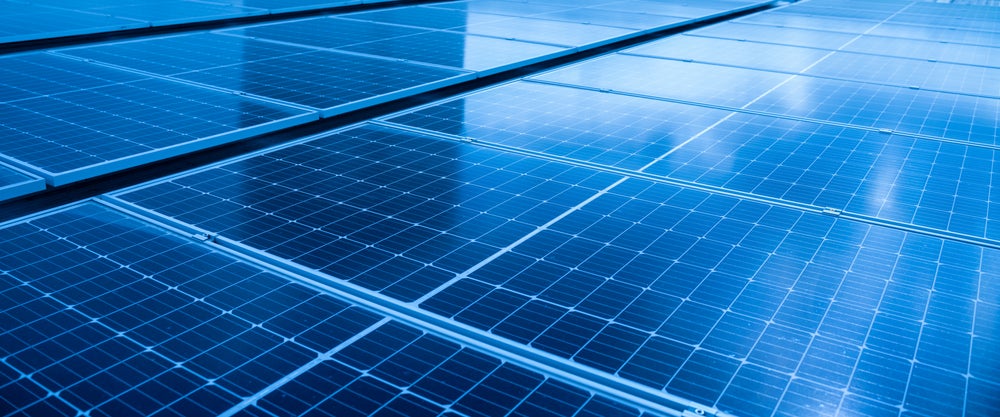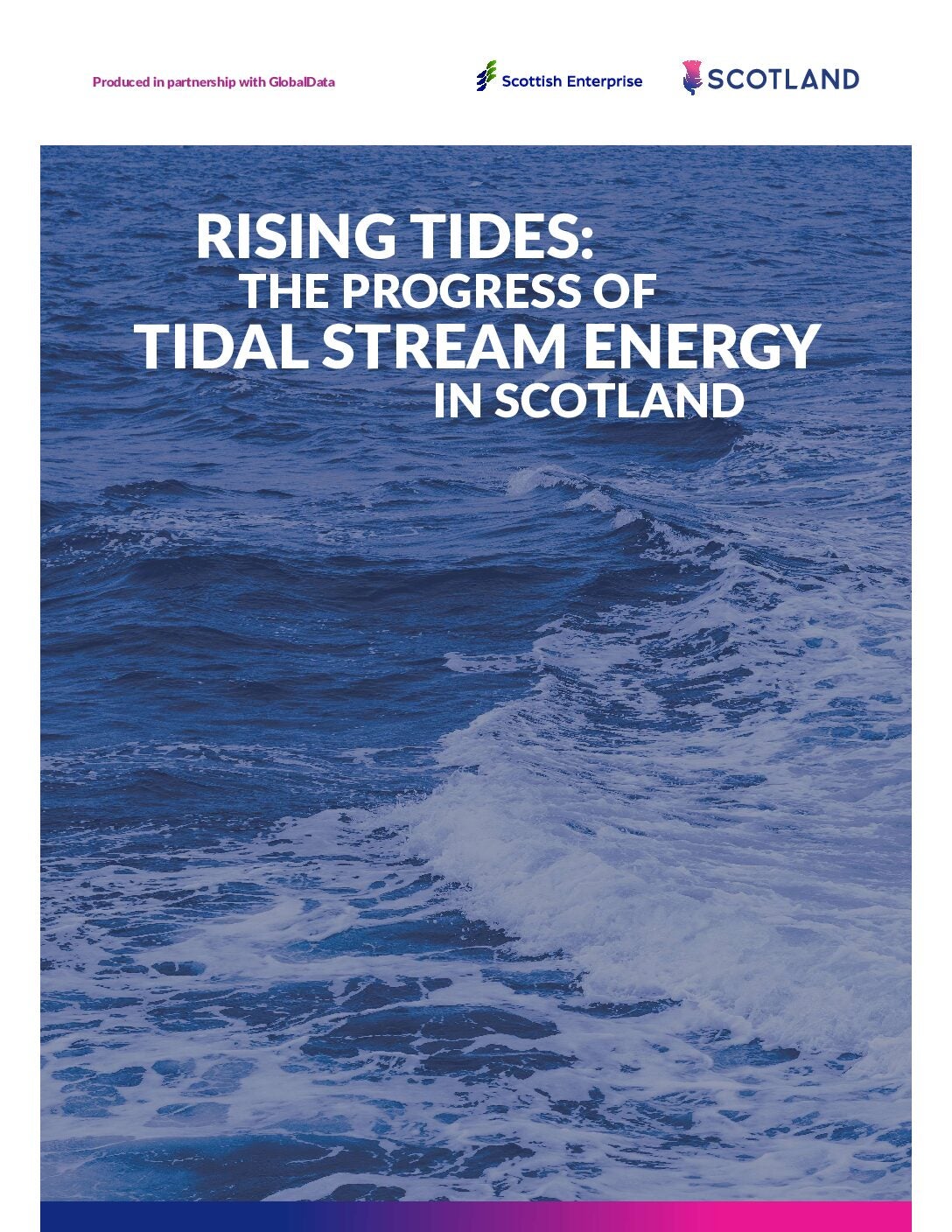
The EU must do more to address growing curtailment and the waste of solar power potential, industry figures have warned.
A group of 19 European solar and renewable associations have written to Kadri Simpson, the EU’s Energy Commissioner, warning her of a lack of grid flexibility and increased curtailment.
“Due to increased levels of solar curtailment, we risk continuing to waste solar energy in these summer months,” the letter reads. “Spring 2023 already brought report of EU countries – notably Poland and Czechia – shutting down their solar PV power plants due to unexpectedly lower demand.”
Grid curtailment, when renewable production is deliberately reduced to manage demand and supply, is not a new challenge for Europe’s renewable energy producers. Throughout the past year, developers have warned that greater investment in the grid is needed to cope with growing renewables deployment.
Over 40GW of solar was installed in the EU last year, nearly 50% more than in 2021.
This summer curtailment problems have only gotten worse, according to the letter addressed to Simson. Titled “It’s not curtailment, it’s waste”, the letter outlines a number of alleviating measures that the commission can take.
“More than ever, it is necessary to take action to accelerate solar growth and mitigate energy waste,” it reads.
The authors suggest that the EU takes steps to “improve the preparedness of the grid” and anticipate the rapid expansion of renewables. They also call for more cross-border infrastructure with shorter installation times.
According to the letter, more must be done to promote flexible energy resources, including storage facilities. The EU has a target to deploy more than 200GW of energy storage capacity by 2030 and more than 600GW by 2050, from roughly 60GW in 2022, mainly in the form of pumped hydro storage.
Grid curtailment in Europe
As renewables output in the EU grows, so too does curtailment. Last April, Spain curtailed its solar production for the first time following an unexpected fall in electricity demand. This caused the wholesale price of electricity to plummet from €168.50 per megawatt-hour (/MWh) to €3.70/MWh in one unexpected instance on the 17 April.
This week’s letter warns against a situation where renewable energy plants are shut down due to lower-than-expected demand while fossil fuel generation continues. This was the case in Poland and the Czech Republic, where coal plants kept running while renewable generation was halted.
The EU’s Renewable Energy Directive, which came into force in 2018, sought to rectify a number of the challenges associated with renewables deployment in the EU. This included greater support for energy storage systems and grid integration. However, a number of member states have not implemented the directive meaningfully. The Czech Republic was mentioned in last month’s European Commission infringement package for failing to fully transpose the renewable energy directive.




